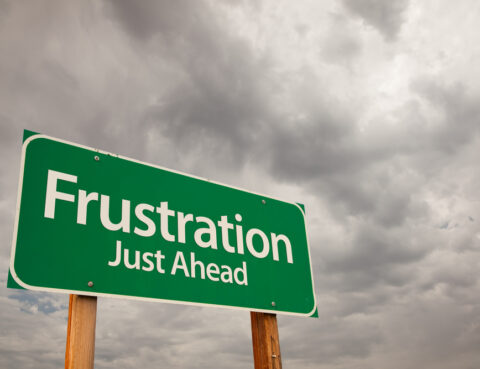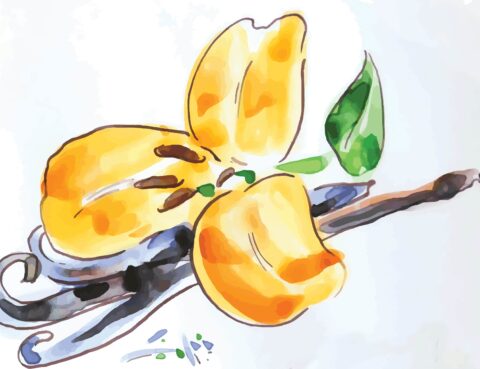
…the build-up to transitions (and fun holidays too) sometimes leave children feeling a sense of alarm, becoming short of patience and balance. We see a process of adjustment-in-action in our…

…Looking outward instead of inward gives relief: “It’s not my fault.” What a burden can be lifted! The dog ate my homework. She started it. Bad leaders incited their innocent…

…a few times each week—where our frustration can move. We are often so afraid that if we give frustration an inch it will take a mile. In truth, just the…

…find the edge of it. In the melancholy of a song, on the pages of my journal, in a piece of art, in the shade of a tree, in the…

…form, as in monsters under the bed, or fixations such as spiders, confronting the irrationality of these fears is equally futile. The existence of alarming feelings in our children informs…

…their environment and stand out in comparison to their peers. They are the kids who get more easily overwhelmed, alarmed, intense, sensitive, prickly in their responses, and passionate in temperament….

…the same. First and foremost, our adolescent child still needs us to be active, involved, and interested in their lives. Sometimes parents will begin to back away from closeness because…

…can rest in a sense of trust that we know exactly what is needed in the inevitable tough times: to focus on the roots of relationship, regardless of the winds….

…but many children cannot. Nevertheless, their behaviour is indicative of an increase in alarm that may well be based in what is happening in their classroom. Ultimately, we need to…

